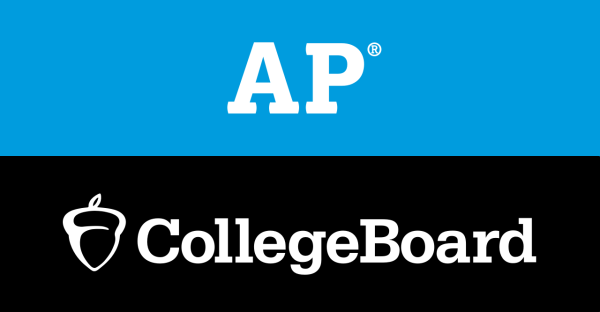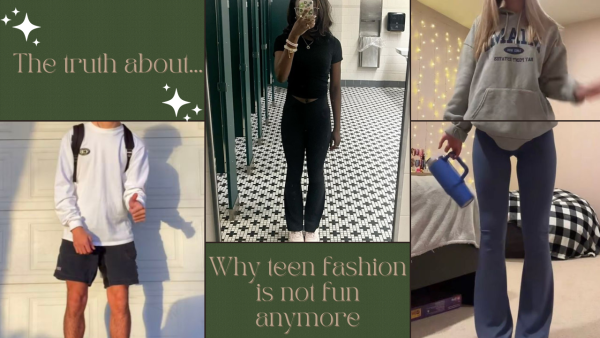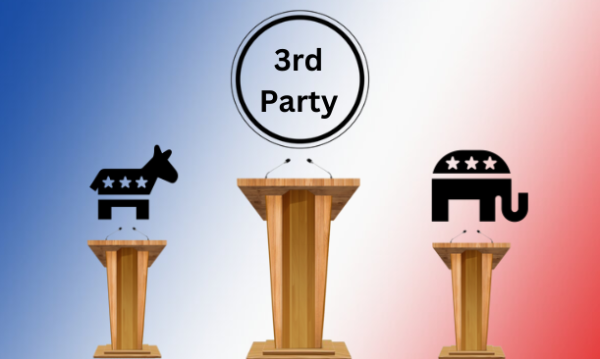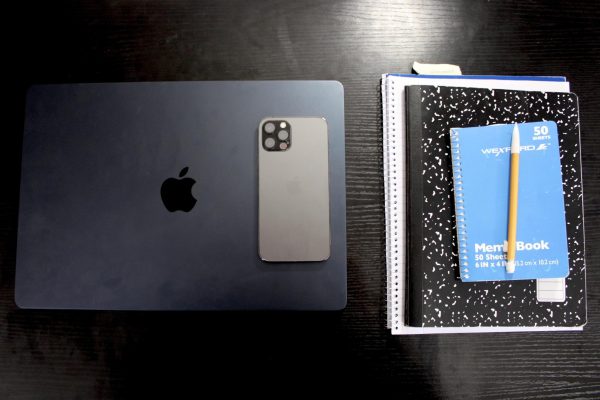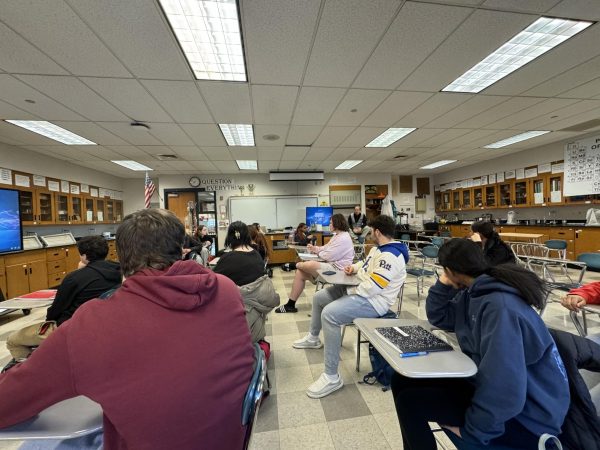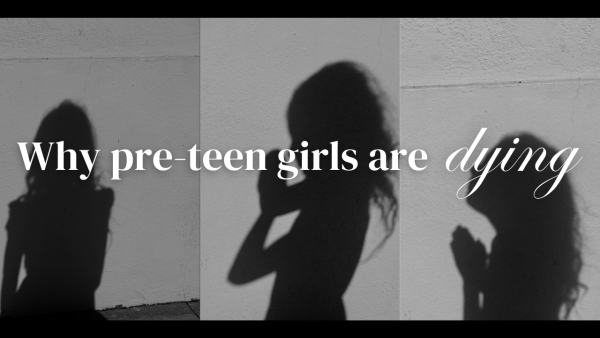Opinion: Students v. Publishers – The Internet Archive Lawsuits
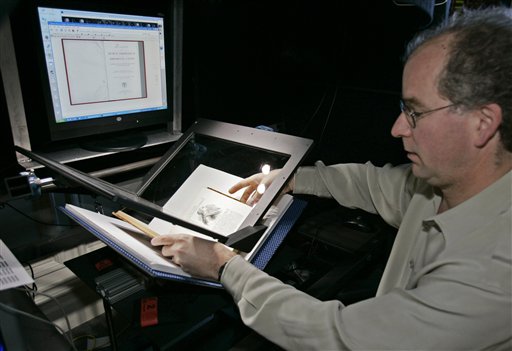
FILE-On this Monday, Dec. 18, 2006, file photo, Internet Archive founder Brewster Kahle prepares a book for digital scanning in San Francisco. Google and U.S. publishers settled a longstanding dispute over Google’s book-scanning project Thursday, Oct. 4, 2012. Google already has scanned more than 20 million books. Publishers and authors sued, saying the project violated their copyrights. (AP Photo/Ben Margot)
In the age where information is everything, and student expenses for college continue to climb, everyone has a right to the truth and to learn about the world in a free and open manner. When one knows more about the world around them, they are better able to make their own mind and take account of the various sources of info around them, which is why the recent lawsuit against the Internet Archive poses a threat to anyone who believes in freedom of information.
On March 26th of this year, the well-known media archive site the Internet Archive had lost an unfortunate lawsuit. The action was over the temporary period when they allowed anyone to freely use digital copies of books under active copyright during COVID as a way to help people who lost access to physical libraries.
Although the period that this was allowed was rather brief, many big name publishers teamed up to punish the nonprofit for “mass infringement of copyright.” The archive argued that it had the same rights as a physical library, as, since they owned physical copies of the copyrighted works on their site, they were free to lend out those copies in whatever way they wanted. That was not to mean that anyone could just download any number of books to their heart’s content, as there was a system of “controlled digital lending” in place. This meant that one could only borrow the eBook for only a set amount of time.
Ultimately, this defense wasn’t enough, as “at bottom, IA’s fair use defense rests on the notion that lawfully acquiring a copyrighted print book entitles the recipient to make an unauthorized copy and distribute it in place of the print book, so long as it does not simultaneously lend the print book,” according to the judge on the case’s opinion.
If this is the precedent set by the case, then there is a severe limitation to what one is able to do with a “digital asset” that they own. What would legally grant you the ability to share that expensive college textbook or a scan of the AP Prep book to a friend if the largest digital book-lending service can’t?
Moreover, for anyone in a questionable financial situation, shouldn’t there be an equitable means of accessing books? Especially when it comes to college students, raking in debt, the often overpriced, inconsistently used textbooks are not an easy buy, and cheaper, older textbooks are usually not an option, as professors often require new editions.
Of course, the main objection raised against the Internet Archive is that artists and independent writers don’t get any cut or safety net from IA’s digital lending services. This would be a fair case for those using the “Emergency Library” service that can easily pay for their books, but what about those that can’t? From those people, the author essentially gains free publicity, and there is a good chance that those that like their work will lend out their cash for it in the future.
The ruling also does not favor students in need of sources for their research. Any school that does not have easy access to special database sites like the ones from Gale may use the Internet Archive to gain access to information. Therefore, limiting the ability of IA to lend out books only limits the resources of already disadvantaged schools.
It is finally worth mentioning the unprecedented access to information that we presently hold. This information can either be democratized so that the information itself and the way it was gained is more open to all, or it can be controlled by interests that aren’t fully transparent, and thus not fully verifiable by the public. If we want everyone to have access to a good education and promote critical thinking skills, don’t we want wider access to information that will facilitate that?





